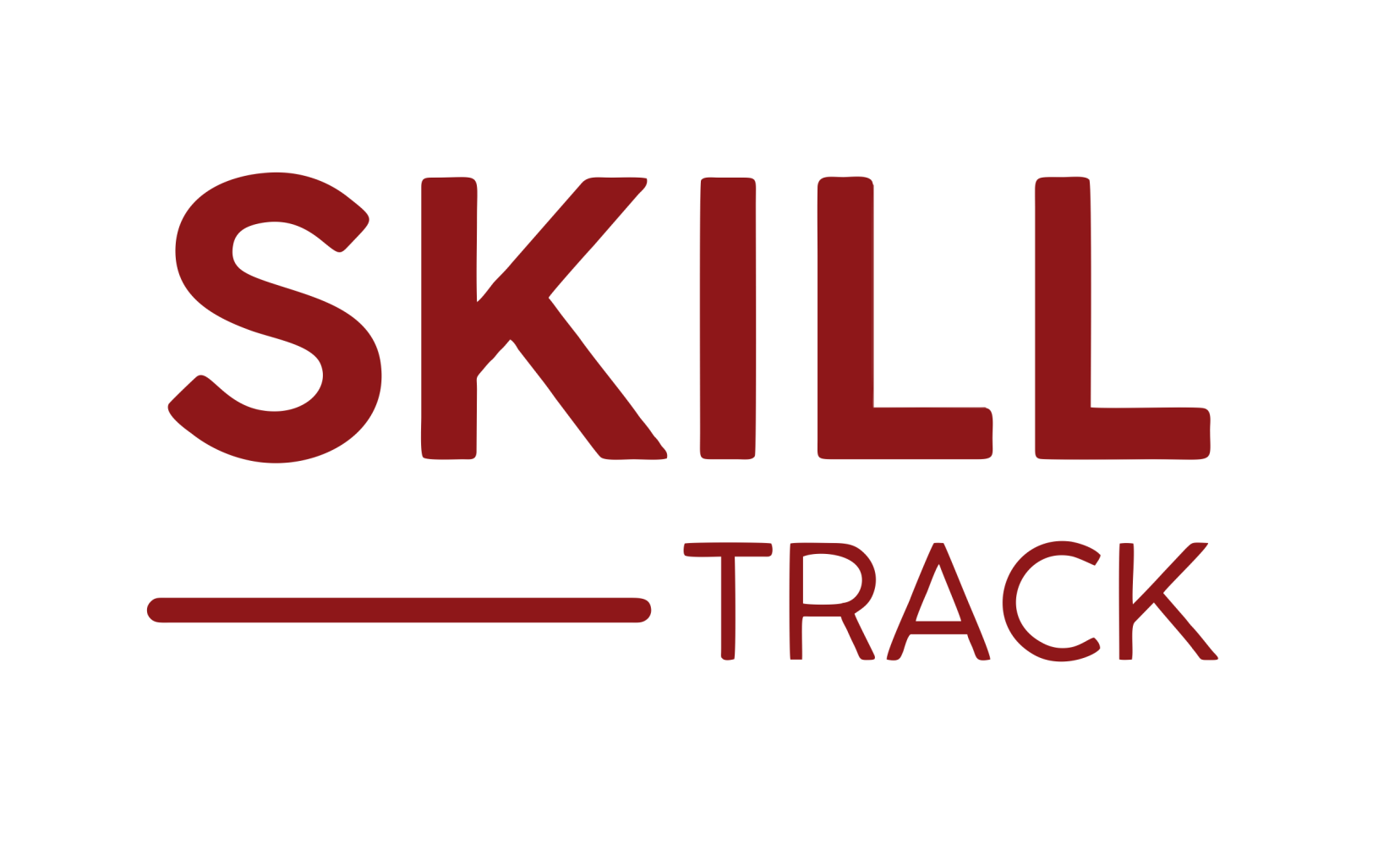Erasmus+ SkillTrack project has concluded
The international Erasmus+ Skills Tracking System as a Digital Solution for Student-Centred Learning project has come to an end with a seminar titled "Lecturer. Self-Directed Learning. Student." Representatives from the education and healthcare sectors attended the seminar.
The Chair of the Board at the Academic Information Centre Baiba Ramiņa presented the latest European initiatives to strengthen mobility, skills, and the workforce. Policy Planning Document Expert at the Employers' Confederation of Latvia Rihards Blese highlighted current issues and challenges from the employers' perspective in the context of skills and education. Raimonds Strods, Study Innovation Manager at the Rīga Stradiņš University (RSU) Centre for Educational Growth, explained the concepts of self-directed, self-regulated and self-paced learning – how they differ and who they are for. Participants had the opportunity to learn practical skills within the framework of a self-directed learning approach in a workshop organised by the RSU Medical Education Technology Centre (METC).
RSU METC Project Manager Anna Korvena-Kosakovska presented the results of the SkillTrack project. As the lead partner, RSU implemented the SkillTrack project for two years with partners from Finland (Arcada University of Applied Sciences), Germany (The Protestant University of Applied Sciences in Ludwigsburg) and Turkey (Başkent University). The project was implemented as part of an Erasmus+ fund (No. 2021-1-LV01-KA220-HED-000023077) and aimed to develop a unified international skills catalogue with descriptions of skills in nursing, social work and rehabilitation, and to evaluate the potential of this catalogue in organising self-directed learning.
The concept of an international unified skills catalogue is based on the RSU concept of skills monitoring, which has been implemented at RSU since 2019. The Skills Monitoring System is an ESF-funded project and is based on a unified approach to managing skills acquisition in the study process at RSU*. Within the SkillTrack project, the concept of skills monitoring was validated in an international environment, with representatives of universities from different countries creating a single cross-institutional skills catalogue. Likewise, the project participants worked on developing methodological material for lecturers on organising self-directed learning. According to Korvena-Kosakovska, ‘RSU introduced skills monitoring in five years. Therefore, when the project started there were concerns about how this approach could be tested over two years at four universities, especially considering the language and differences in how the study process and skills acquisition were organised. On the other hand, our team already had considerable experience in this field and our partners were very interested and willing to test the approach, so we were able to achieve excellent project results. This project was an excellent opportunity to assess the potential of our Skills Monitoring System both at the national and international level.’ To achieve the planned results, colleagues from the METC and the Centre for Educational Growth, as well as academic staff from the RSU Department of Welfare and Social Work and the RSU Department of Rehabilitation were involved in the project. As Strods points out, ‘The added value of the SkillTrack project is reflected in the teaching and learning skills of lecturers and students at RSU. We have successfully developed a strategy for self-directed learning at the university level, which lecturers have successfully integrated into their courses, enabling students to become more independent and take greater responsibility for achieving their learning outcomes. Besides, students have improved their learning skills, significantly enhancing their ability to demonstrate higher academic achievements. The entire RSU community benefits from acquiring and integrating new learning and teaching strategies into the study process.’
The final activities will be carried out in the final month of the project and the recommendations for the implementation of the skills monitoring will be published in the open access RSU Study Material Repository.
* The RSU Skills Monitoring System and Study Material Repository have been developed within the ESF project Improvement of the management processes and study content modernisation at Rīga Stradiņš University (No. 8.2.3.0/18/A/011), Specific Support Objective 8.2.3 Ensuring better management in higher education institutions.



Related news
 RSU and Lithuanian University of Health Sciences discuss opportunities for cooperation in the field of military medicineInternational Cooperation
RSU and Lithuanian University of Health Sciences discuss opportunities for cooperation in the field of military medicineInternational Cooperation


































